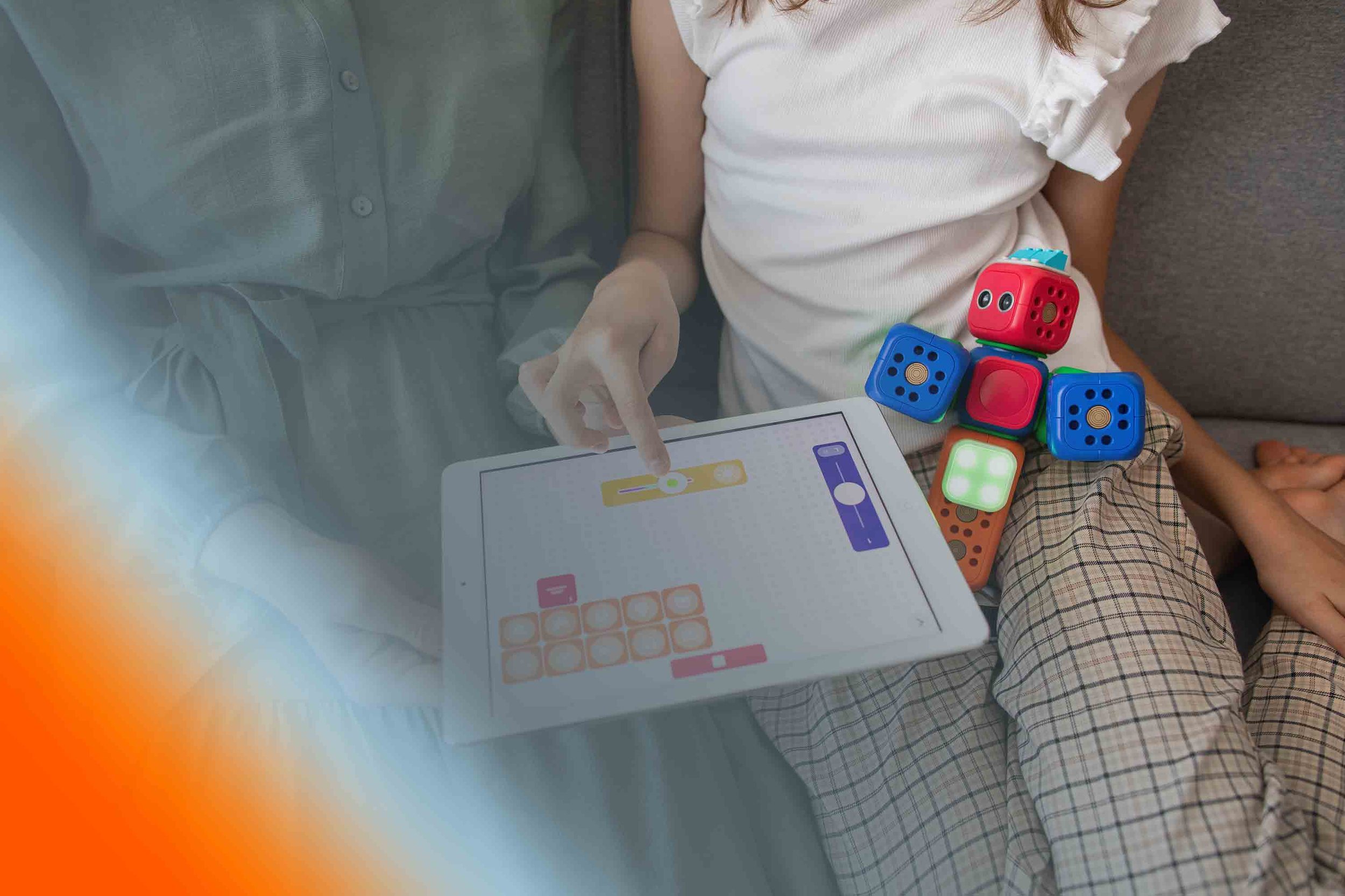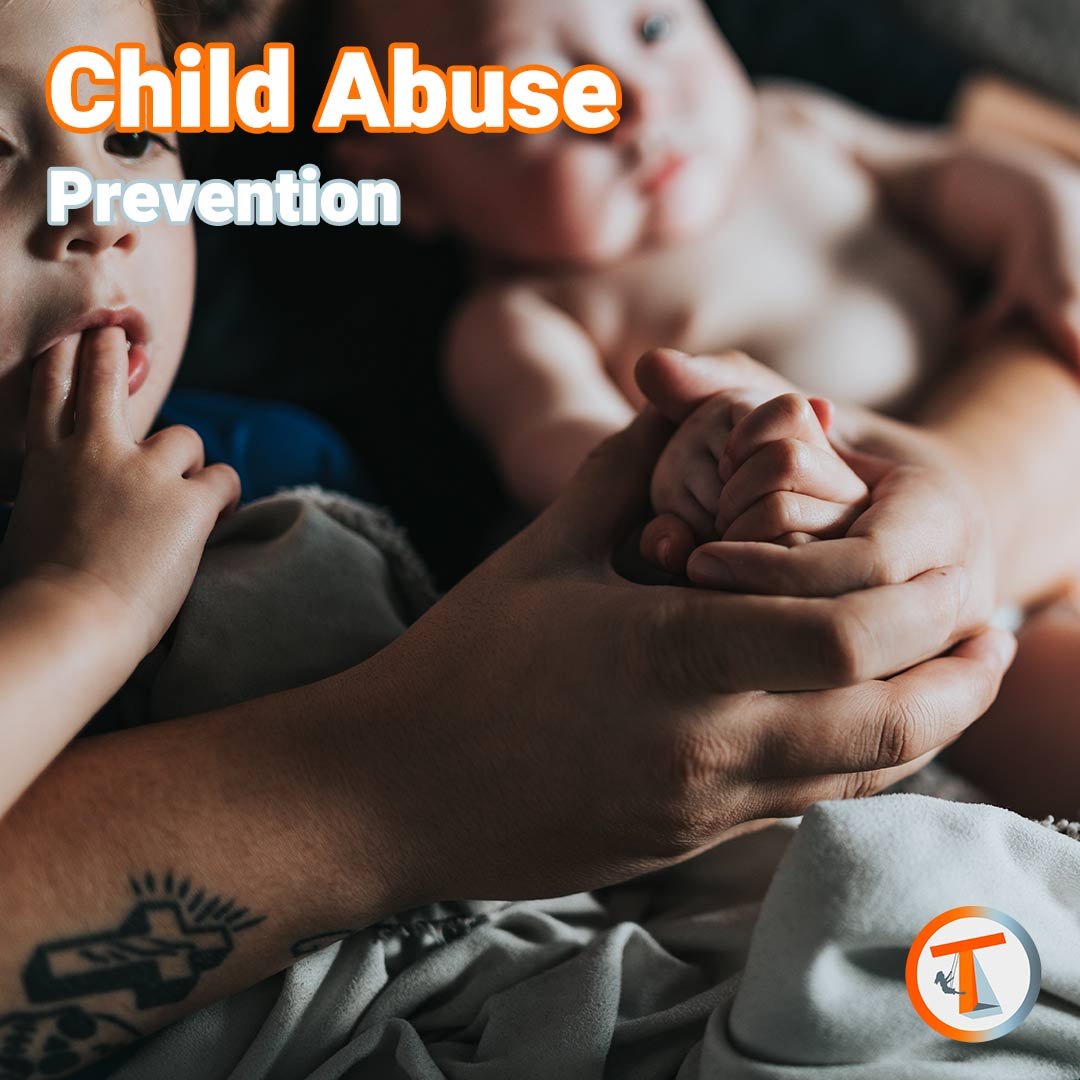
Resources & Articles
Read helpful resources for parents from our therapists and stay in touch with the latest news at Tilton’s Therapy for Tots.
Featured FREE Download
Featured FREE Download
Child Abuse Prevention
On average, 4.3 million children are reported as victims of child abuse and neglect. According to Childhelp.org, child abuse is reported every ten seconds in the United States. Interestingly, the CDC reports that there are about 4 million births per year are the result of in vitro fertilization (IVF). Knowing that there are almost 400,000 children in our foster care system, what is happening to cause the increase in abuse cases?
Occupational Therapy Month
April is the month where we focus on the amazing work of occupational therapists! An OT or an OTA (occupational therapy assistant) assist others through therapeutic intervention to live their life with the maximum level of independence. Occupational therapists work with children during development and work with children with different learning or developmental abilities and we can celebrate them all year!
Developmental Disabilities
The National Association of Councils on Developmental Disabilities (NACDD) recognizes March as developmental disabilities awareness month. During this month, they highlight the facts and aim to raise awareness about inclusion for those who are differently abled.
Kids Nutrition
Healthy eating is a component of a healthy lifestyle at any age. National Nutrition Month takes place every March and provides us the opportunity to check in on our nutrition and food choices.
Bleeding Disorders
Typically bleeding disorders involve blood clotting. During the process of coagulation (blood clotting), many factors come into play. Some individuals have an imbalance in their clotting process.
Vocabulary Development Stages
For those who have Down Syndrome, there are significant things to focus on through early childhood development. Here are some ways you can focus depending on your child’s age or stage of life.
Managing Epilepsy in Children
March is Epilepsy Awareness Month, a time to educate people about the challenges faced by those with epilepsy and to raise awareness of the impact of this neurological disorder on individuals and their families.
Supporting Developmental Disabilities with Positivity
What do Jim Carrey, Michael Phelps, Dan Ackroyd, Temple Grandin, and Orville Wright have in common? They are all very well-known and successful individuals. But it is interesting to note that each one of these people also has a developmental disability.
Developmental Disabilities Awareness
Developmental milestones are things we consider to be important or meaningful learned behaviors in early childhood. We are familiar with the most major developments, for instance, our first words, first steps, first smile.
Dental Health for Kids
You’ve probably been told to visit a dentist every six months for routine cleaning. During these visits, your dentist will check for tooth decay, gum disease, and other oral hygiene-related issues. It is recommended to visit the dentist every six months to catch potential problems early — before it becomes a serious procedure or life-altering problem.
Congenital Heart Defects
Statistically, a baby is born with a congenital heart defect (CHD) every 15 minutes. This amounts to roughly 1 in every 100 births resulting in a congenital heart defect. This February, we are bringing awareness to congenital heart defects as part of American Heart Healthy Month.
Children's Dental Health
The American Dental Association promotes National Children’s Dental Health Month during the month of February. During this month, professionals and healthcare providers in the industry aim to provide and promote the benefits and impact of good oral health for children.
Childhood Depression & Children's Mental Health
Depression in children is not an entirely uncommon diagnosis, especially in teens. ADHD, behavior problems, anxiety, and depression are the most commonly diagnosed mental disorders in children (cdc.gov). Approximately 1.9 million kids between the ages of 3-17 have been diagnosed with depression. When a child is diagnosed with a different disorder, the likelihood of depression may increase.
Heart Health
Our hearts are so important for our overall health; the heart is the force that allows our blood to circulate and keep us going. During the month of February, the American Heart Association projects the message about promoting heart healthy habits and awareness of how you can prevent heart disease.
Heart Healthy Families
February is American Heart Healthy month, an important time to acknowledge the ways in which we can keep our hearts healthy. More and more often in recent years people of all ages have suffered heart health issues due to things that could be changed or recognized sooner.
Promoting Success with Online Learning via Regulation Strategies
Remote learning presents challenges for students, parents, families, and instructors in different ways. For students, it may have been difficult to adjust to distance learning instead of going to school. They may have found it much more difficult to concentrate and may have many more distractions on hand. There are ways to set your family up for success with online learning by implementing regulation strategies.
Benefits of Hippotherapy
While many people have heard of therapy with horses, many might not know the word assigned to the practice. Hippotherapy actually applies its form from physical, occupational, and speech therapy and can help your child’s development in many ways.
Birth Defects Prevention
National Birth Defects Awareness Month Since the 1800s, the majority of births in the U.S. correlate with the seasons. The change of seasons brings cooler temperatures and shorter days, encouraging people to spend more time indoors. In the northern part of the states, there is an increase in births in the summer months (between June and July), and in the southern states, there is an increase in births in the fall months (between October and November).
Proprioception
Some people are familiar with the term kinesiology, but may not be familiar with what proprioception involves. Proprioception is also called kinesthesia, which refers to the ability your body has to sense it’s spatial relationship to your surroundings while moving or in action.





















